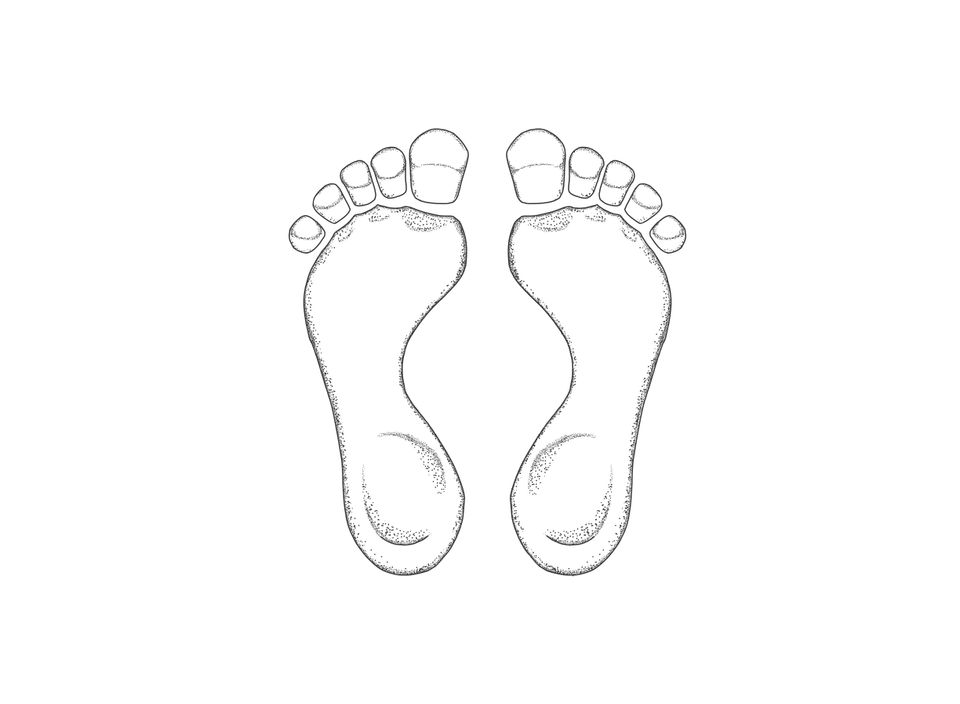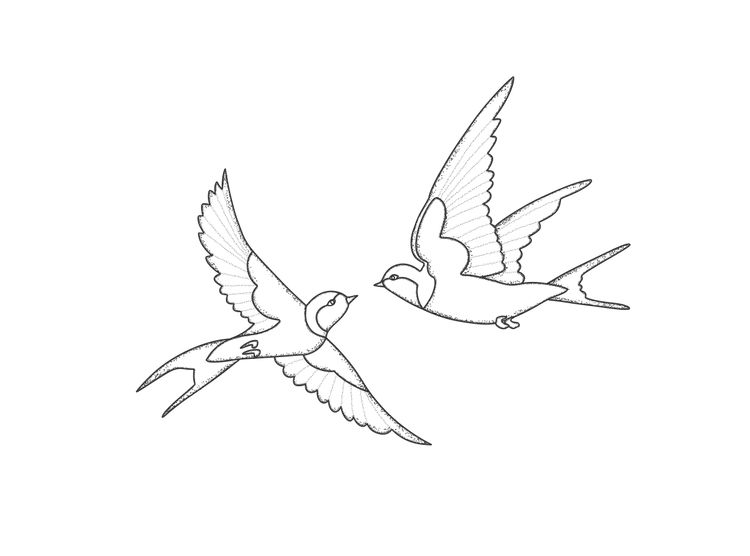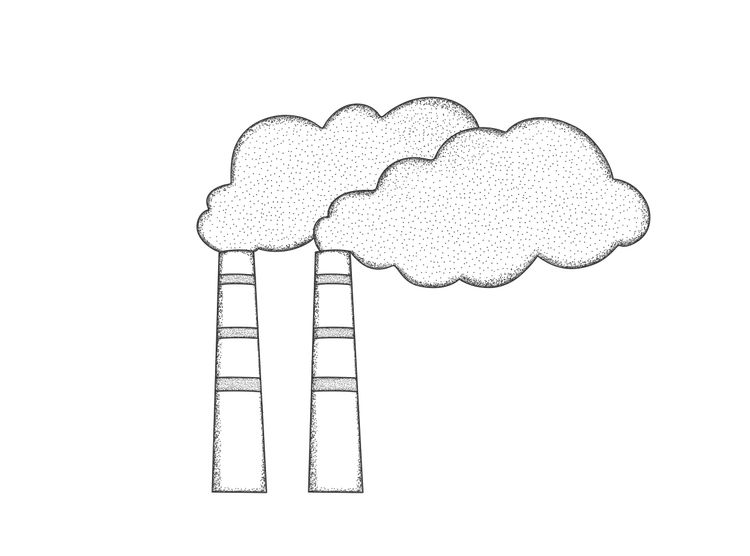Barefoot

What is in that longing for the press of sand, or soil, or grass underneath our naked feet?
When we walk barefoot, we honor the truth of the body. We take delight in the senses. We escape our chattering monkey minds. We abandon our thoughts. We forget who we think we are, or are not, or are striving to become.
Robinson Jeffers begins the poem Return tangled up in himself, but quickly names what he longs for:
A little too abstract, a little too wise,
It is time for us to kiss the earth again,
It is time to let the leaves rain from the skies,
Let the rich life run to the roots again.
I will go down to the lovely Sur Rivers
And dip my arms in them up to the shoulders.
I will find my accounting where the alder leaf quivers
In the ocean wind over the river boulders.
I will touch things and things and no more thoughts,
That breed like mouthless May-flies darkening the skies.
When we walk barefoot we remember that, like the grass and the trees, we too have our seasons, and our days and months. We find the grace to accept that we belong to nature, and feel the joy and sadness of it. "Forget not that the earth delights to feel your bare feet," writes Khalil Gibran in The Prophet, "and the winds long to play with your hair."
When we walk barefoot, we join ourselves to the wild god of the world, who lives in us, and who is more ancient even than the oceans, and younger than the morning sun.
I was sat in a field with my dog crying when I wrote this. I'm not sure why. It came on, suddenly. It was an odd coming together of sadness and joy.
Robinson Jeffers is the greatest American poet I had never heard of. There was no mention of him when I was puzzling over TS Eliot and Ezra Pound in college, even though he was their contemporary, and far more popular. Apparently, he hated the modernists, and their difficult and dissociated language. He thought poetry should not need a PhD to be read, and that the cure to our estrangement from nature is to lose ourselves in it.
Jeffers lived most of his life in a cottage he built himself out of sea granite in Carmel, California. From this unvarying environment he spun several volumes of awe-struck and apocalyptic poetry, returning again and again to the hawks, the rocks and the seals of the Pacific coast. Start with Wild God of the World. It's astonishing.
Take a walk in the woods. Go camping with your dog. Sit in the sun. Sit in the rain. Run your hand through the grass. Swim in a river. Put your feet in a lake. Find a rock, and sit on it. Get soaked in a thunderstorm. Lie on the grass. Howl at the moon. Let the wind play with your hair.
Each week I explore a life metaphor that has touched me in my coaching. Subscribe to get my scribblings every Sunday morning. You can also follow me on Medium, or on LinkedIn. Feel free to forward this to a friend, colleague, or loved one, or anyone you think might benefit from reading it.





